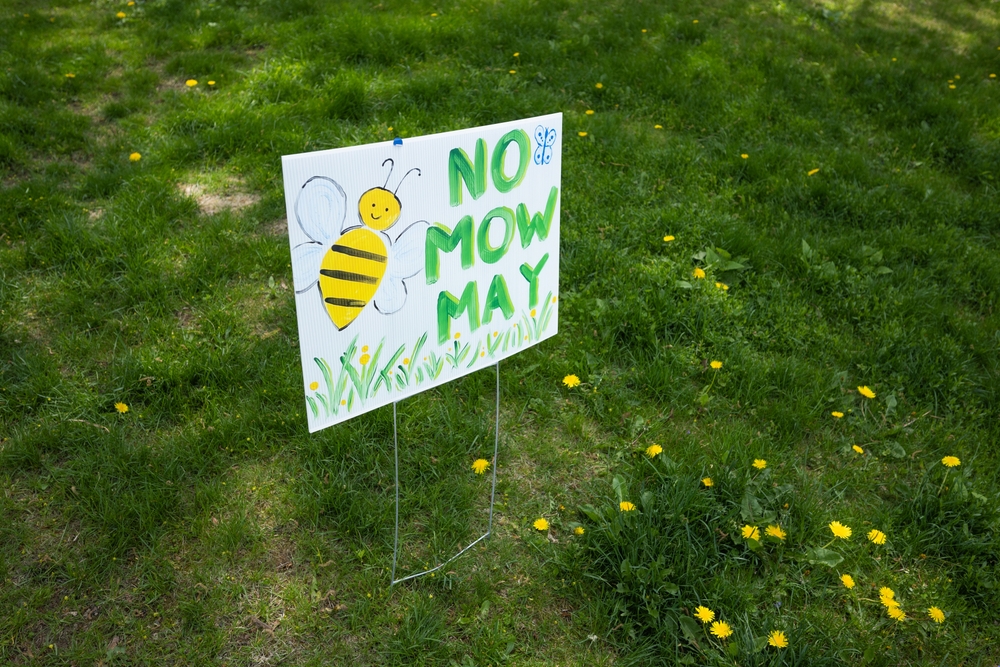Why right-wingers today embrace radical rather than traditionalist values.
Even though I’ve been a journalist all my adult life, I feel a merry sense of fascination at how often the media miss important stories. I’m always on the outlook for those instances when what I see in the day-to-day world around me contradicts what I am told in newspapers, news broadcasts, internet reports, and, yes, even magazines. That’s when my reporter’s instincts catch fire. I know there’s a hot scoop around somewhere.
I first noticed this while still in college, when I was writing pop music reviews for the campus newspaper to pay tuition. New Wave music was the rage at that time, raved about as the authentic voice of American youth by the rock critics I studiously read in publications out of New York City. But riding the bus in Minneapolis, I heard kids listening to something very different. Somehow, young Native Americans in my neighborhood had discovered rap music ahead of Manhattan’s hip musical tastemakers—even though rap was invented right on the streets of New York. Today few remember The Knack, Joe Jackson, or even Blondie and other New Wave stars in tight jeans and skinny ties, but rap is still heard all over the planet.
I’m feeling that way again about America’s upcoming election. Everywhere I go I hear another story about someone’s mother, neighbor, cousin, or co-worker—loyal Republicans all of them—who are refusing to vote for George W. Bush this time around. Yet this seemingly large defection from GOP ranks is rarely talked about in the news or charted in the polls. But stopping a minute to think—in a quiet place away from the buzz of the media—it’s not surprising that some Republicans would turn their backs on the Bush Administration. Four years ago they believed all the promises about “compassionate conservatism”—but what they got is definitely not compassionate, and even less conservative.
“Historically, conservatism in the United States has meant support for small government, balanced budgets, fiscal prudence and great skepticism about overseas adventures,” notes Clyde Prestowitz, a former Reagan Administration official and longtime conservative activist in The Nation (May 31, 2004). “What I see now is an Administration that is not for any of these things.”
“Conservative” seems the last word to describe a man who flung America headlong into a war supported by few others around the world, who recklessly slashed taxes for the wealthy with little regard for what it meant for the national budget, who wantonly scrapped internationally treaties, who threw out thirty years of environmental legislation and sixty years of labor laws. “Radical” is the word to describe that man.
The true “conservatives” of today—people who want to conserve natural resources and proceed cautiously on matters that might disrupt our communities—are those who stand up against rampant economic globalization, environmental devastation, corporate corruption, and genetic engineering. These “conservatives” see progress as something that builds upon long-cherished values like human rights, community stability, and energy conservation. Yet most political leaders who claim to be conservatives today—not just Bush but many others around the world—want to unleash the full force of untested technology, unbridled capitalism, and unchecked militarism into our lives with little regard of consequences. They’re willing to dump any and all human traditions, no matter how sacred or beloved, if there’s money to be made.
But growing numbers of people, both old-style conservatives and these new ones, understand the catastrophic foolishness of such a philosophy. And it may turn out that an unlikely coalition of these “conservatives” sends George Bush packing for Texas early next year.











